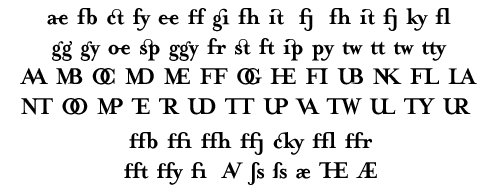Beltane Emergence Moon
My media diet. A while back, maybe 5 years or so, I heard an NPR piece on the concept of a daily media diet. It’s simple. What do you read, listen to, watch during the course of an average day? Yes, it probably changes from one day to the next, but it’s also got some bones that stay in place most days. Since the question of information sources came up at the Woolly meeting-not everyone gets their news from or trusts the NYT for example-I decided to raise this media diet issue again.
Your media diet is important because it is your intellectual nourishment. What you take in through various media may be grouped: information, news, education, entertainment. In terms of informing ourselves we all need a balanced diet, but research shows that instead we have narrowed our range of inputs, often tailoring them to our preconceived views. This is dangerous and, like a varied diet is good for the body, so is a varied media stream good for the intellect.
I’ll show you mine if you’ll show me yours. I’m going to put down my media diet in as much detail as I can muster. If you have the time and inclination, I’d love to see yours.
Daily: Minneapolis Star-Tribune print, New York Times online, Star-Tribune online, Wired online.
Magazines(print): New York Review of Books, The Economist, Wired, Dwell, AARP, Funny Times, National Geographic*
Most days: online e-mail subscriptions Foreign Policy Situation Report, Big Think, Brain Pickings, DeLancey Place, Beacon, Gizmag, Chronicle of Higher Education, Scientific American, Tablet, PCMag, Trendland, Nieman Lab, Economic Policy Institute, Think Progress, various other Foreign Policy.* Poem-a-day.
Most days: Accuweather, NOAA, MPR Updraft and Paul Douglas weather online.
Websites: Cool Tools, Perseus (Latin text of Ovid), various political websites, Metropolitan Museum of Art, Walker Art Museum, MIA (and others less often like War on the Rocks, Small Wars Journal, USAF Journal, Internet Movie Data Base, Netflix, Rotten Tomatoes, Slate
Museums: The Walker, the MIA, rarely the Russian Museum, the Science Museum, the Minnesota Historical Society
Radio: MPR News, Classical and KBEM Jazz (only when driving and not often then anymore)
Music: little during the average day except as above
Television: Kate and I watch a couple of shows on Huluplus. I might pick up one more plus whatever I have on while I exercise.
Books: I may look at several books during the course of an average day. These days many of them relate to Latin, Ovid, the Metamorphoses and translation. I’m also reading material on emergence, the Arabian Nights and Colorado.
Usually I read one book for leisure at a time until finished. Right now I’m reading a Brian Sanderson fantasy novel. This kind of reading usually happens later in the evening.
*Both the subscription e-mails and magazine subscriptions can overwhelm me and my time. It’s a balancing act to get useful information while being able to maintain forward motion of projects like writing and translating and gardening.
You might have plays, concerts, dance performances, clubs to add to your list. We do occasionally get out to these, but much less often than when we lived in the city.

